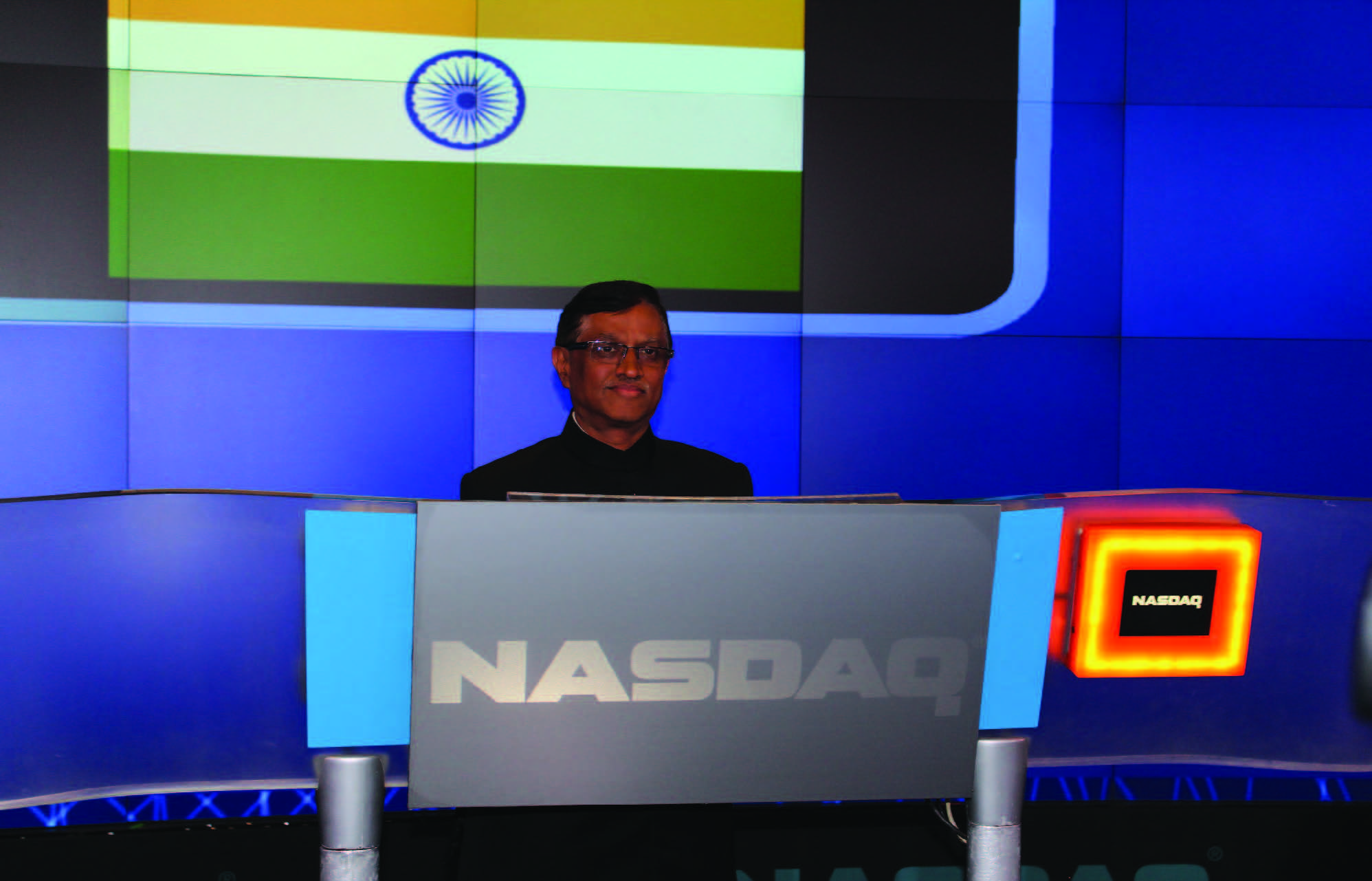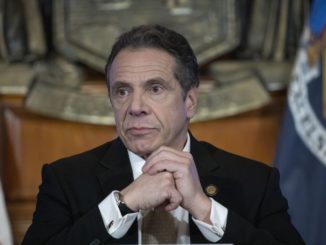
NEW YORK (TIP): UBS AG became the second bank to settle accusations that it tried to rig benchmark interest rates, agreeing to pay roughly $1.5 billion in a deal with authorities in multiple countries that points to a broader manipulation scandal than previously known. As part of the deal, UBS acknowledged that dozens of its employees were involved in widespread efforts to manipulate the London interbank offered rate, or Libor, as well as other benchmark rates, which together serve as the basis for interest rates on hundreds of trillions of dollars of financial contracts around the world. UBS’s unit in Japan, where much of the attempted manipulation took place, pleaded guilty to one U.S. count of fraud.
Authorities on Wednesday, December 19 painted a picture of “routine and widespread” attempts by UBS employees to rig Libor and the euro interbank offered rate, or Euribor. The U.K. Financial Services Authority said it had identified more than 2,000 such attempts between 2005 and 2010 with the participation or awareness of at least 45 UBS traders and executives. Regulators on Wednesday released a trove of internal UBS emails and other communications-many of them colorful and expletive-laden-in which bank traders, sometimes with the knowledge of their managers, sought to manipulate the rates in order to boost their trading profits or mask the Swiss bank’s mounting financial problems in 2008. Adding to the severity of the allegations, British and Swiss authorities said UBS engaged in collusive efforts with other financial institutions to rig the benchmarks.
Among other things, the Swiss bank made “corrupt brokerage payments” to so-called inter-dealer brokers to reward them for helping to coordinate attempted manipulation among multiple banks, the FSA said. In September 2008, for example, an unidentified UBS trader told a broker that he wanted to “do one humongous deal with you,” according to the FSA. “I’ll pay you, you know, $50,000, $100,000…whatever you want…. I’m a man of my word.” UBS traders and outside brokers referred to each other by nicknames such as “Superman,” “Captain Caos” [sic] and “the three muscateers” [sic], the FSA said. Regulators said the extent of the collaboration between UBS employees and the outside brokers suggests that banks might have been successful in their attempts to manipulate Libor-as opposed to merely trying unsuccessfully to fudge the rate. UBS acknowledged the regulators’ findings.
“We are disappointed to discover what happened,” UBS Chief Executive Sergio Ermotti said in an interview. “We are taking responsibility for what happened.” In the U.S., law-enforcement authorities on Wednesday are expected to arrest people with ties to UBS, likely representing the first time that anyone faces criminal charges stemming from the long-running rate-fixing investigation, according to people familiar with the case. The UBS settlement-which UBS reached with the U.S. Justice Department and Commodity Futures Trading Commission, the U.K. FSA and the Swiss Financial Market Supervisory Authority-is likely to be followed by a string of deals between big banks and regulators in coming months. Until Wednesday, only one other bank, Barclays BARC.LN +2.05% PLC, had settled charges that it tried to rig benchmark rates. Barclays last June paid roughly $450 million to resolve the investigations.
An ensuing public furor over the scale of the wrongdoing and the involvement of senior bank executives, both of which Barclays acknowledged, led to the abrupt resignations of Barclays’s chief executive and his top deputy, as well as the bank’s chairman. UBS is paying a fine that is more than triple what Barclays paid, despite previously having reached partial immunity agreements with authorities in the U.S. and elsewhere. The penalty’s size partly reflects authorities’ conviction that the Swiss bank was near the center of the scandal, with employees helping to coordinate attempted rate-manipulation at other banks, according to people briefed on the investigation. Among other things, UBS was accused on Wednesday of trying to manipulate the Japanese yen iteration of Libor.
As part of the settlements, UBS acknowledged on Wednesday that its employees repeatedly tried to manipulate multiple versions of Libor and Euribor. The FSA described the culture of rate manipulation as “pervasive,” noting that “the manipulation was conducted openly and was considered to be a normal and acceptable business practice by a large pool of individuals.” As a result of the fine, UBS said on Wednesday it expects to report a loss for the fourth quarter of up to 2.5 billion Swiss francs ($2.3 billion). Mr. Ermotti said that 36 people left the bank, most of them earlier this year, as the bank cleaned house after completing its internal investigation into the rate-rigging allegations. He said he doesn’t expect additional departures because nobody connected to the scandal remains at UBS. Mr. Ermotti added that he hopes the settlement closes a difficult chapter in the Swiss bank’s history.
In the past 15 months, UBS has been battered by a $2.3 billion rogue-trading scandal, has been forced to exit large portions of its investment banking business, and now is caught up in the rate-rigging scandal. “It allows us to move forward,” he said. “I’m confident that we have identified over the last years the issues we need to address.” The guilty plea by UBS’s Japanese subsidiary is a milestone in authorities’ efforts to crack down on banks for improper behavior during the financial crisis. It is extremely rare for authorities to pursue criminal sanctions against large companies. Indictments are often regarded as a death sentence for institutions, especially those like banks that rely on market confidence and a steady stream of funding from potentially skittish investors. Ultimately, authorities decided on a compromise approach by charging UBS’s Japanese unit but not the Zurich-based parent company.
In a sign of what authorities view as UBS’s centrality, one of the bank’s former Tokyo-based traders, Thomas Hayes, was arrested last week by British fraud prosecutors as part of their investigation into rate-rigging, according to people familiar with the case. Mr. Hayes hasn’t been charged with a crime, but U.K. authorities are examining whether he played a role coordinating attempted manipulation among multiple different banks, these people said. Mr. Hayes, who also worked at Citigroup Inc., C +0.79% hasn’t been available for comment. The investigations over banks’ attempted rate-rigging kicked off in April 2008, after articles in The Wall Street Journal raised questions about the reliability of Libor.
Since then, it has mushroomed into arguably the marquee financial scandal of recent times. The day that the Journal’s first story was published, a UBS manager-in a communication to a trader documented in the settlement-referred to a “great article in the WSJ today about the Libor problem.” Two hours later, the FSA said, the manager asked the trader to boost the bank’s Libor submissions in an apparent effort to rig the rate. Libor, Euribor and their brethren are calculated every weekday by panels of banks. Each bank estimates what it would cost to borrow from fellow banks. Those estimates are compiled into an average, stripping out the highest and lowest figures. The result underpins interest rates on everything from residential mortgages to corporate loans to complex derivatives. Banks tried to manipulate the benchmarks for at least two reasons, according to regulatory filings in several countries.
Barclays, for example, at times understated its borrowing costs during the financial crisis to assuage concerns that higher costs were a sign of financial distress. Separately, traders at UBS and Barclays, and possibly other banks as well, sought to manipulate rates to increase profits on their portfolios of derivatives and other products whose values are tied to the benchmarks. In addition to Barclays and UBS, more than a dozen other banks remain under investigation by authorities in the U.S., U.K., Switzerland, the European Union, Japan, Canada and other countries. In addition to Libor and Euribor, the Tokyo interbank offered rate, known as Tibor, also faces scrutiny. Royal Bank of Scotland Group RBS.LN +2.41% PLC is likely next in line to settle the allegations, with a deal expected early in 2013, according to people familiar with that investigation.





Be the first to comment